How you use Amazon Advertising in your marketing scheme will impact sales and engagement of your business. If you’ve never heard of Amazon Advertising before, I have the easiest explanation for you. Do you know
Google Ads? Amazon Advertising works
the same but within the Amazon platform.
Their business model is also based on PPC. Hence, sellers only pay when shoppers click on ads.
Amazon Ads vs Google and Facebook
As opposed to Google and Facebook, Amazon is still fairly new in the advertising industry and therefore has less market share. Nevertheless, according to
Statista.com,
Amazon US received over 2.5billion combined mobile and desktop visits in May 2020.
So, it may not be the leading browser but the platform is by far the most visited e-commerce property in the United States.
If you haven’t included Amazon in your marketing strategy yet, I suggest you reconsider. Amazon’s campaign manager offers
different options for sellers and vendors but also for brands that sell products in external platforms.
Get started with Amazon campaigns
How Amazon Advertising works is up to how you use them. First of all, you should treat these campaigns like any other online. Therefore, prior to jumping on the platform, you should
set up goals and objectives in order to assess campaign performance along the way.
These will be different depending on if you are promoting products sold on Amazon or if we are only interested in Amazon ‘cause of its daily quality traffic.
If the former, the recommended goal would be to increase sales and improve reviews.
If the latter, goals could vary: from driving traffic to our website to building brand awareness to achieve new leads via a promotional landing page with an entry form
Advertising options for Amazon sellers and vendors
Sponsored products
Ads will appear on the first page results, anywhere where customers are able to see them.
This will provide your brand with an
instant visibility boost. Amazon works with many sellers and vendors for the same type of product and therefore getting your brand stand out of the crowd can be a bit challenging sometimes, especially if your product is new to the platform
Amazon’s A9 algorithm prioritizes popular products with high sales, good reviews and competitive prices. You won’t have to worry about creatives,
these are automatic. So the only thing you will have to do is wisely choose the keywords you would like to bid for, as well as negative keywords.
Sponsored brands
Sponsored Brands are only available for professional sellers enrolled in the
Amazon Brand Registry, vendors, book vendors, and agencies.
These ads will appear in search results to help drive discovery of your brand.
As opposed to Brand Products, you will be
able custom messaging to help shoppers see your brand the way you want it to be seen.
However, this copy cannot be over 50 characters so it’s important to come up with an eye-catching strapline.
Creatives wise, you will need to upload your
brand logo as it will be displayed together with your products. If customers click on the logo, this will take them to your dedicated
Amazon store
“What is an Amazon store?”
Amazon allows you to create a 100% free mini shop within their platform.
So that you can replicate or embed your web experience within the platform and customers can find your whole offer in just one place.
Here is one of my favourite examples: Nespresso Amazon store
Sponsored display
Product display ads are pay-per-click ads that appear on product detail pages, customer review pages, on top of the offer listing page, and below search results.
Sponsored Display ads use browsing and buying signals to
automatically reach audiences who may be interested in your promoted product. Hence, no need to worry about keywords for these ones.
Creatives are automatically generated, the same as with sponsored ads. Although a customizable headline, logo, or product image can also be included. Ads link back to your product detail page, making it easy for customers to browse or buy.
Advertising options for non Amazon sellers and vendors
You can still buy display ads even if you don’t sell products on Amazon.
Self-service Amazon DSP users can buy and manage their own display campaigns, while those seeking a managed-service option can work with Amazon’s ad consultants.
Current options include:
Display ads and video ads.
The non-Amazon sellers platform is still not as straight forward as the sellers one and you need to be a DSP user to be able to access.
This means liaising with one of their consultants is the only available option for small and medium businesses.
The only downside is that they require a minimum spend of £10,000.
You can now see how Amazon Advertising works in marketing, and
you should try it. There’s no harm in seeing how a new technique can impact your business.
Written by Esther Méndez






